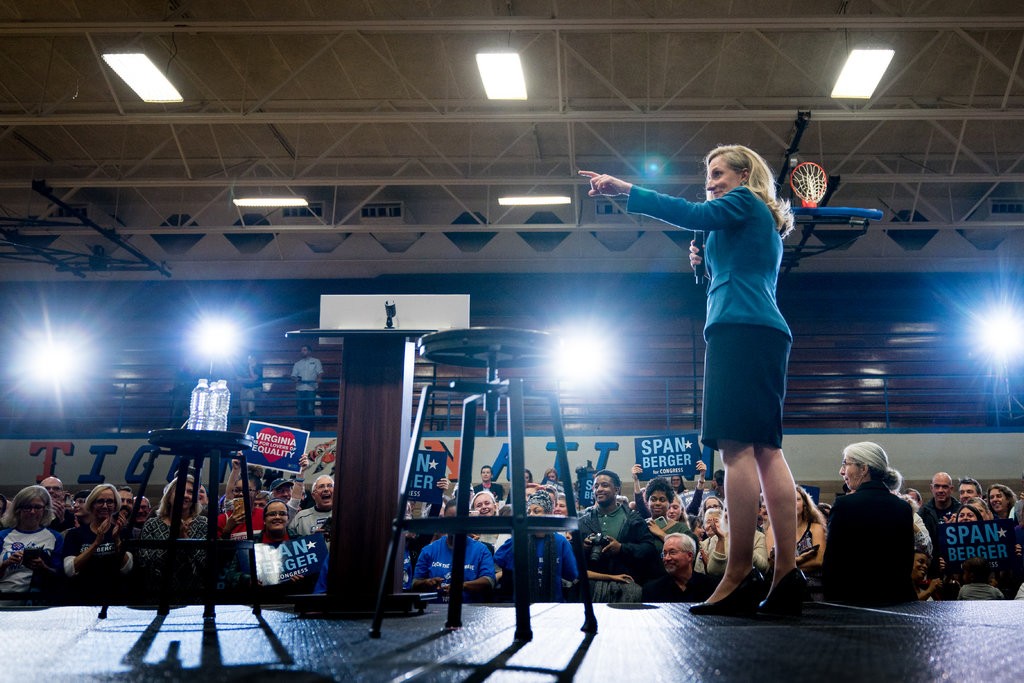Now the midterms are over and the Democrats have regained control of one chamber in Congress, it seems more unlikely than ever that Republican and Democratic divides can be overcome. Just one day after the midterm results became clear, Donald Trump began a tirade of anti-Democrat press releases, including a suggestion (albeit with no evidence) that the Democrats had somehow rigged the Senate elections in Arizona and the governor’s election in Georgia. He also banned a prominent CNN journalist, Jim Acosta, from the White House press conferences as a result of his persistence in asking the President about the Russian interference in the 2016 election. Not that he’s upset about the result, or anything.
In spite of extreme partisan divides, there are ways if the politicians are willing to overcome them. The art of compromise in government (both in the U.S. and the U.K., I might add) is nowadays seen as an incredible weakness. Consider this: compromise is merely a way for both sides to get part of what they want, rather than one side getting everything and one side getting nothing. Being able to strike such deals made senators like the recently-deceased John McCain famous for being able to “work across the aisle”. Although Republican and Democrat policy positions are almost polar opposites, they can be overcome if the parties are prepared to work together and compromise.
Take, for example, the January 2018 federal budget. With the government three days into a complete shutdown (that is, when the government physically runs out of money and cannot stay active anymore), Democrats eventually stopped playing hardball against the Republican demands for money to increase military spending. This was in return for the Republican leader in the Senate, Mitch McConnell, agreeing to hold a vote on the future of DACA (Deferred Action for Childhood Arrivals), the Obama-era legislation that allows any child of a migrant brought into the United States – whether legally or illegally – to remain indefinitely.
However, the President is not helping his own cause. He cannot reasonably expect the Democratic Party to be prepared to work with him and advance his legislation when his seemingly favourite past-time is blaming the Democrats for anything and everything. His most recent accusation was that the Democrats were somehow assisting the migrant caravan making its way through Guatemala and Mexico to the southern U.S. border.
Trump’s extreme policy positions don’t help either. His unwillingness to compromise on his key policies, including the border wall and repealing and replacing Obamacare have after two years, both not been successful and not changed. Trump is still just as prepared to build the wall as he was while he was on the campaign trail. Democrats are arguably more opposed to the border wall than any other policy since the turn of the millennium, and it is for this reason that they will never be able to vote in favour on the border wall. However, there are things that some conservative Democrats will vote in favour of, such as the nomination of Justice Kavanaugh to the Supreme Court. Kavanaugh was only confirmed thanks to the yes-vote from Joe Manchin, the Democrat Senator from West Virginia who eventually won his re-election bid last Tuesday.
Trump and the Democrats can work together and get things done if they choose to. On the President’s side, the constant name-calling and baiting of Democrats needs to stop in order to even get the opposition to the table. For the Democrats, compromise and dignity, knowing that they can at any moment prevent a bill from becoming law thanks to their majority in the House of Representatives, will go a long way. It will show that they are the party that gets things done, even if they don’t necessarily agree fully with everything they are passing.
Jack Walker
Image: The New York Times.

